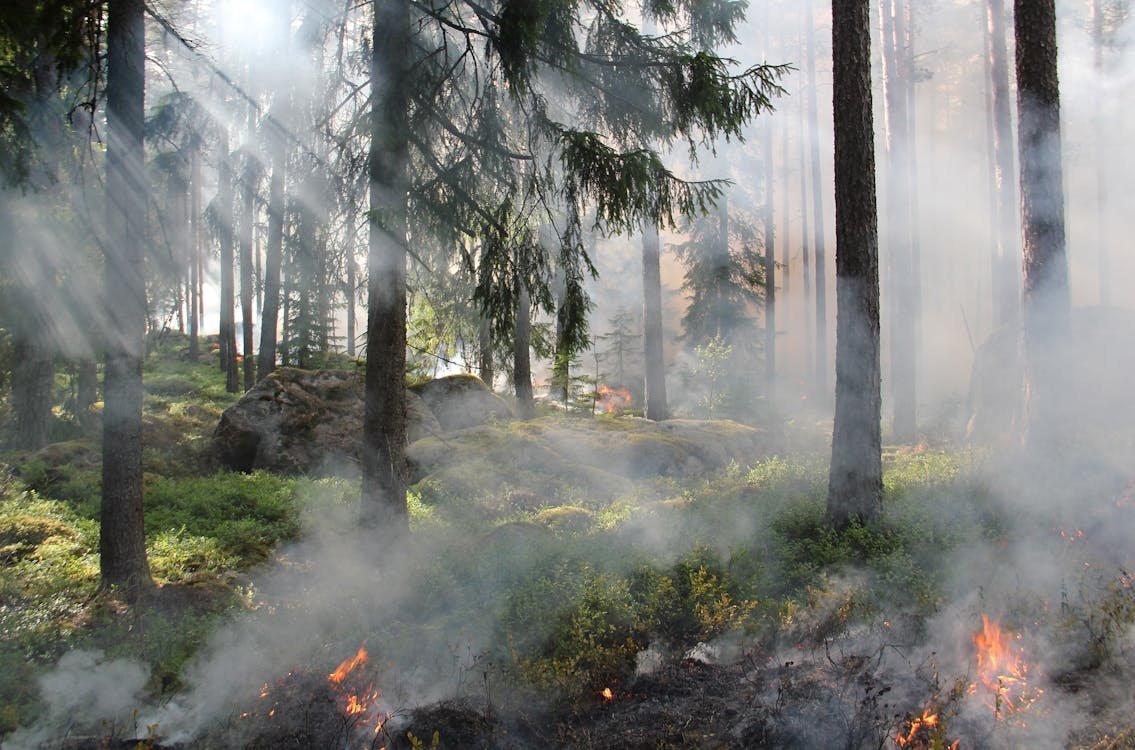Tribal Compensatory Mitigation
The Problem: Federal and state policies present barriers to Tribal participation in compensatory mitigation.
Environmental impacts around the globe are destroying more than natural resources and land for Tribes; they also impact tribal cultural resources and their traditional ways of life. As first stewards of the land and water, tribes inherently possess the traditional ecological knowledge to aid in innovative natural resource restoration and conservation efforts. Tribes are a good fit for conservation because they possess large areas of land (i.e., reservations) that remains largely untouched by western influence and generally have the means to restore the damaged resources that have been influenced.
Tribes are a part of the solution to climate change and landscape scale restoration. However, in order for tribes to have an impact, they first have to be included as a sovereign nation to engage in mitigation projects. Current environmental policy will need to be inclusive, recognizing tribes as governments and allow tribes the discretion to implement and enforce environmental and restoration policy within their territories.
The Solution: Updating regulations and processes.
We focus on identifying ways federal and tribal policies can better support tribes’ opportunity to lead ecological restoration projects--and have those projects serve as economic assets by making sure they can be used as offsets under federal programs like wetland mitigation banking. We believe that tribes should take advantage of the economic development benefits of mitigation banking while structuring the development of the bank to serve tribal sovereignty and promote natural resource mitigation.


















